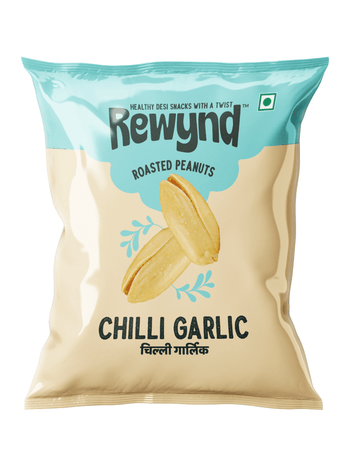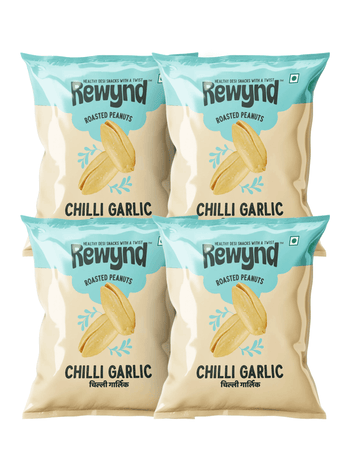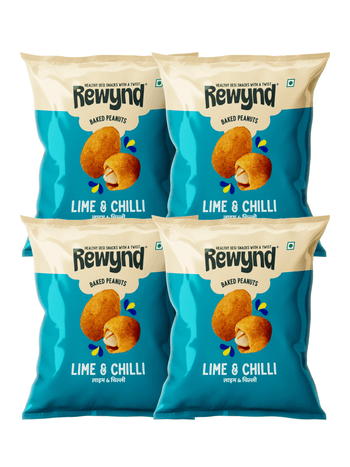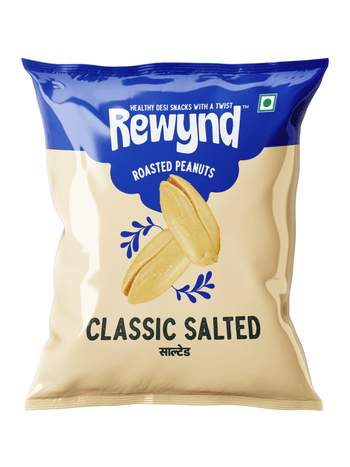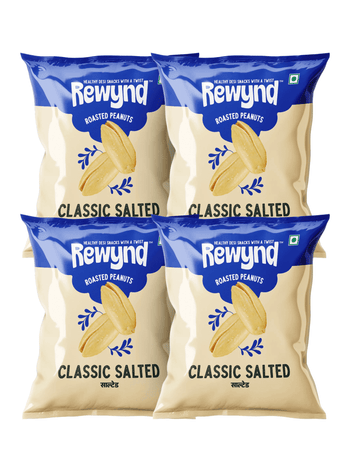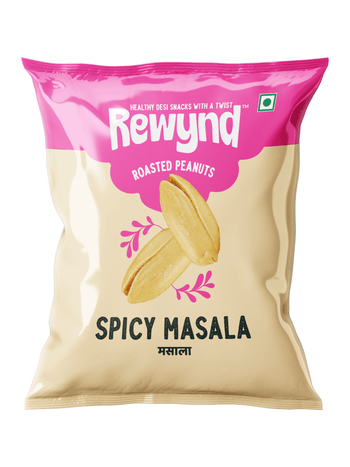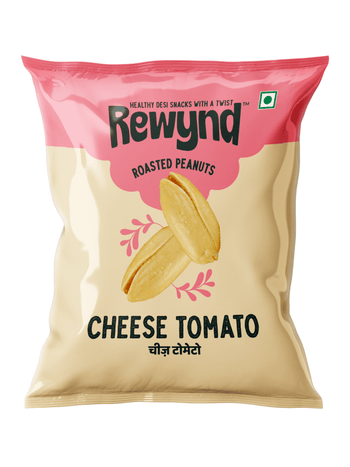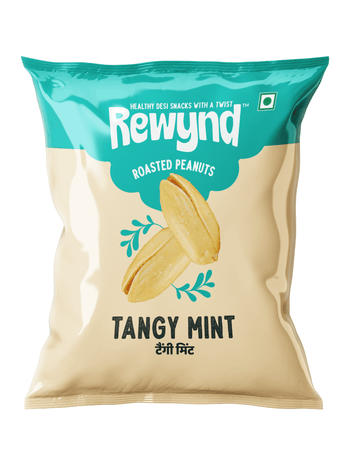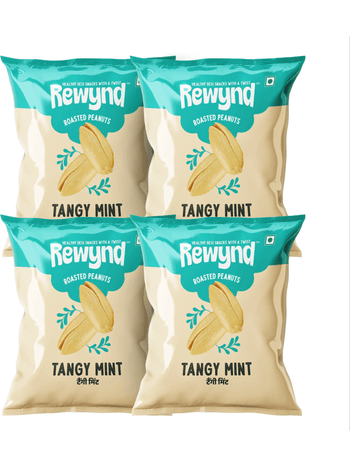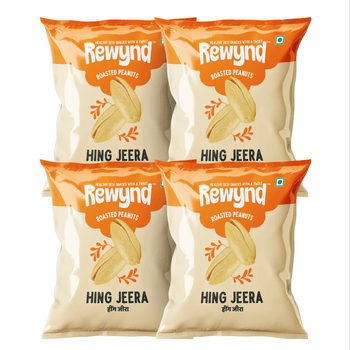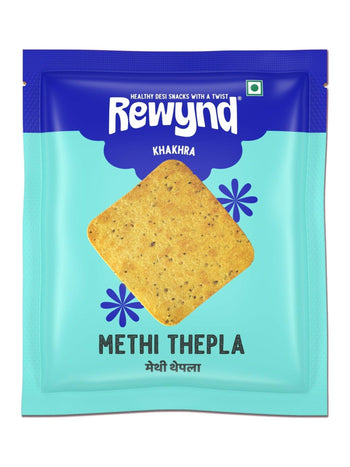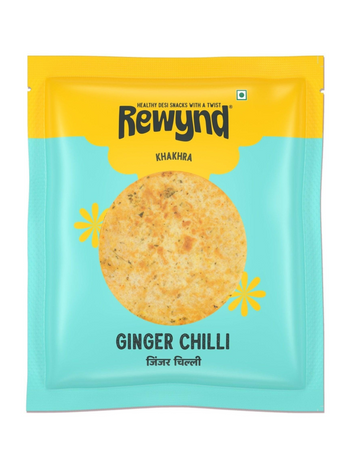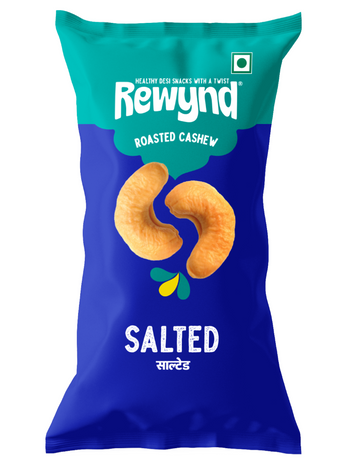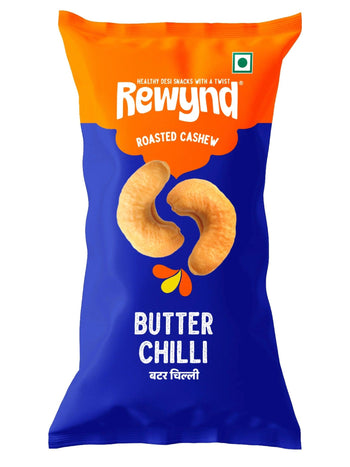Thanks to the variety of antioxidants, vitamins, unsaturated fats and polyphenols, peanuts aren’t just brain food—they’re brain superfood!
But can a specific diet help highlight their benefits? There’s increasing evidence to support that the MIND diet might be doing just that.
What is the MIND diet?
The MIND diet (or Mediterranean-DASH diet Intervention for Neurological Delay) combines components from two existing diets recommended for overall health: the Mediterranean and DASH diets. The MIND approach incorporates foods from each that have shown evidence for benefiting the brain.
We talked to Dr. Frank Sacks and Dr. Xiaoran Liu, two Harvard researchers currently working on the MIND diet, about the role that peanuts and peanut butter play in it.
Why are peanuts and peanut butter good additions to the MIND diet?
“People who eat peanuts regularly have lower risk of heart disease. There is growing evidence that risk of developing Alzheimer’s disease is associated with risk of cardiovascular disease,” says Dr. Sacks. “So we surmise that peanuts could be an important component of a diet that prevents cognitive decline with aging. That is one reason we include peanuts in the MIND study.”
“Latinos and African-Americans are at higher risk for developing Alzheimer’s given that they are more susceptible to vascular disease compared to older Caucasians,” says Dr. Liu. “The health benefits of peanuts are consistent across racial and income differences, which often have a strong influence on health. Consuming peanuts as part of the MIND diet could become a cost-effective, feasible approach for the prevention of Alzheimer’s disease or other types of dementia.”
MIND diet slows cognitive decline with aging.
In 2015, the MIND diet was studied to determine if it could prevent cognitive decline in older patients. After studying 460 participants over the course of 4.7 years, they observed a higher adherence to the diet “substantially slows cognitive decline with age.”1
MIND is associated with reduced risk of Alzheimer’s Disease.
That same year, another study examined the relationship between MIND diet adherence and Alzheimer’s Disease. A total of 923 participants, ages 59-98, were followed for an average of four and a half years.
Researchers reported a 53% lower risk of Alzheimer’s Disease with the highest adherence to the diet, and a significant reduction with even mild adherence.2
MIND may prevent Parkinson’s disease and delay its progression.
In 2018, researchers looked at how the MIND diet could impact rates of Parkinson’s disease and its progression. They found that closely following the MIND diet was associated with a decreased risk of Parkinson’s Disease, as well as a slower rate of progression. The Mediterranean diet showed only a marginal association with these outcomes, while neither association was found in the DASH diet.3
The MIND diet may work anywhere.
In 2019, preliminary results of a study showed promise for the MIND diet’s success abroad. Researchers examined the effect of the MIND diet on cognitive function in an Australian population, leading them to conclude that it might be protective for individuals in various geographic locations.4
Is your mind made up?
In terms of brain-boosting power, the evidence for MIND, peanuts and peanut butter seems to be extremely persuasive. If you’re looking for a diet that can help your mind for the long run, we support giving this super team a try!
Sources
- Morris MC, Tangney CC, Wang Y, Sacks FM, Barnes LL, Bennett DA, Aggarwal NT. MIND diet slows cognitive decline with aging. Alzheimers Dement. 2015 Sep;11(9):1015-22. doi: 10.1016/j.jalz.2015.04.011. Epub 2015 Jun 15. PubMed PMID: 26086182; PubMed Central PMCID: PMC4581900.
- Morris MC, Tangney CC, Wang Y, Sacks FM, Bennett DA, Aggarwal NT. MIND diet associated with reduced incidence of Alzheimer’s disease. Alzheimers Dement. 2015 Sep;11(9):1007-14. doi: 10.1016/j.jalz.2014.11.009. Epub 2015 Feb 11. PubMed PMID: 25681666; PubMed Central PMCID: PMC4532650.
- Agarwal P, Wang Y, Buchman AS, Holland TM, Bennett DA, Morris MC. MIND Diet Associated with Reduced Incidence and Delayed Progression of Parkinsonism in Old Age. J Nutr Health Aging. 2018;22(10):1211-1215. doi: 10.1007/s12603-018-1094-5. PubMed PMID: 30498828.
- Hosking, Diane E. et al. MIND not Mediterranean diet related to 12-year incidence of cognitive impairment in an Australian longitudinal cohort study. Alzheimer’s & Dementia: The Journal of the Alzheimer’s Association. 2019. doi: 10.1016/j.jalz.2018.12.011.



